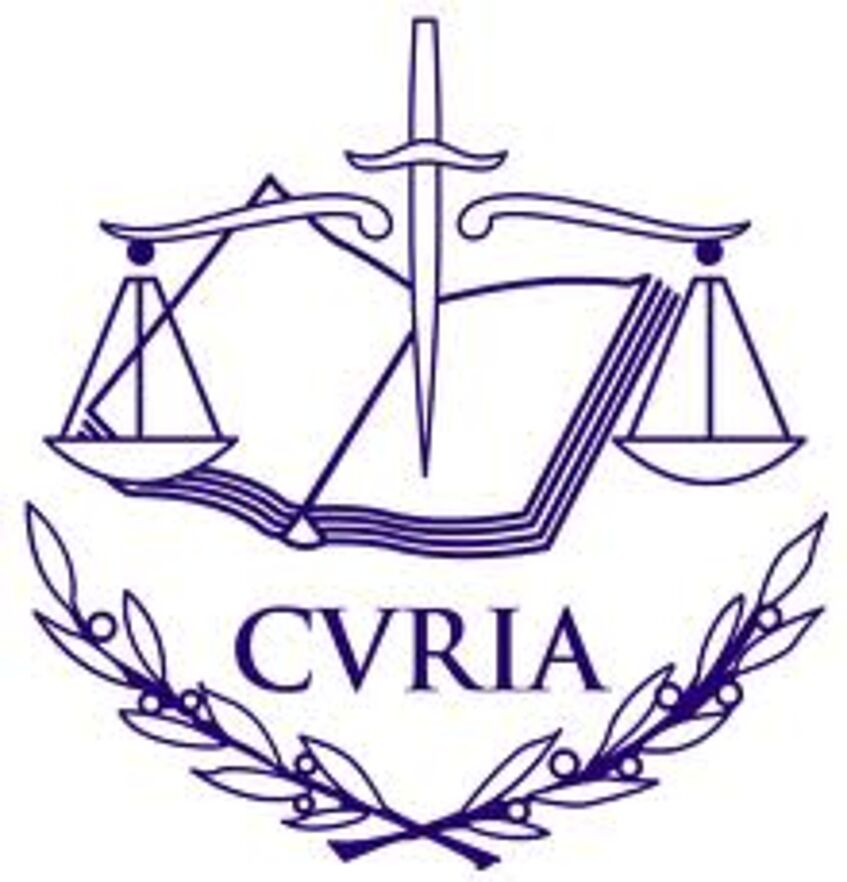
Since the establishment of the Court of Justice of the European Union in 1952, its mission has been to ensure that "the law is observed"in the interpretation and application" of the Treaties. As part of that mission, the Court of Justice of the European Union reviews the legality of the acts of the institutions of the European Union, ensures that the Member States comply with obligations under the Treaties, and interprets European Union law at the request of the national courts and tribunals.
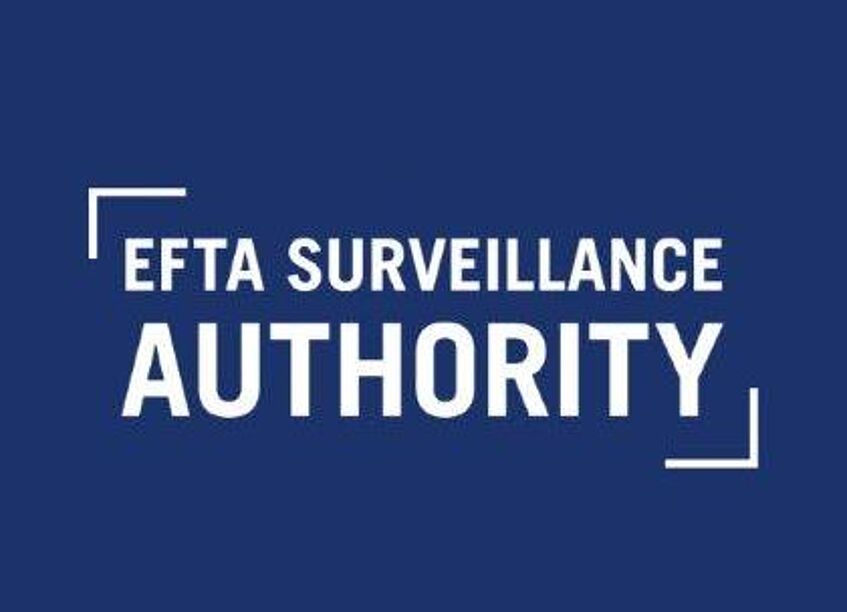
The EFTA Surveillance Authority (ESA) monitors compliance with the Agreement on the European Economic Area (EEA Agreement) in Iceland, Liechtenstein and Norway, enabling those States to participate in the Internal Market of the European Union.
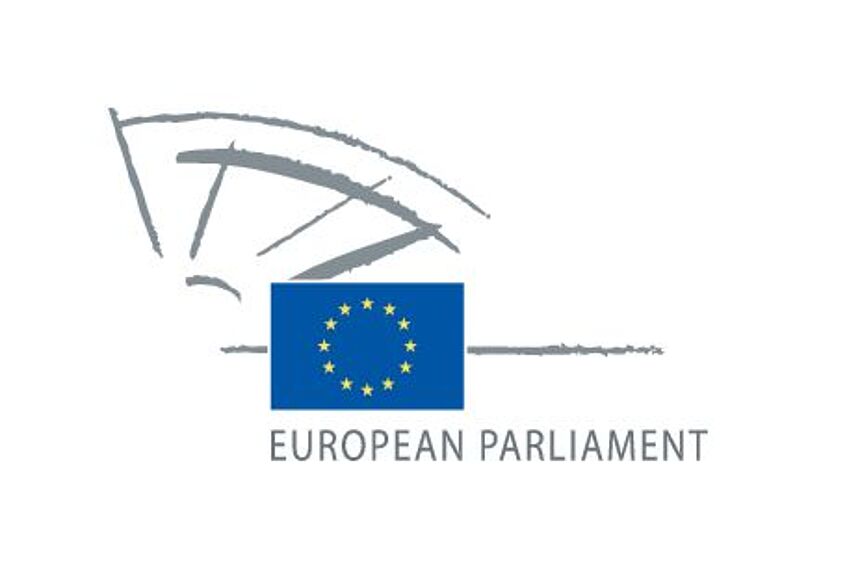
Elected every five years by citizens of the European Union, the European Parliament acts as a co-legislator on nearly all EU law.
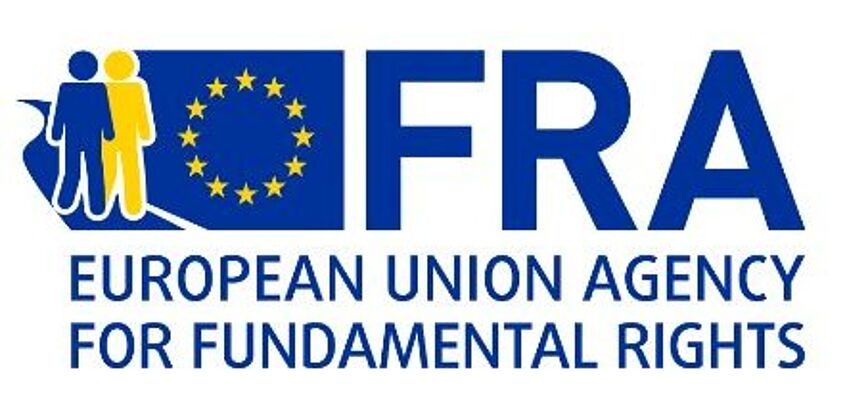
The European Union Agency for Fundamental Rights (FRA) is the EU’s centre of fundamental rights expertise. It is one of the EU’s decentralised agencies and is an independent EU body, funded by the Union’s budget. The Agency helps to ensure that the fundamental rights of people living in the EU are protected and to provide independent, evidence-based assist- ance and expertise on fundamental rights to EU institutions and Member States.

The Organization for Security and Co-operation in Europe (OSCE) has a comprehensive approach to security that encompasses politico-military, economic and environmental, and human aspects. It therefore addresses a wide range of security-related concerns, including arms control, confidence- and security-building measures, human rights, national minorities, democratisation, policing strategies, counter-terrorism and economic and environmental activities. All 57 participating States enjoy equal status, and decisions are taken by consensus on a politically, but not legally binding basis.

Based in Vienna, the United Nations Commission on International Trade Law (UNCITRAL) is the core legal body of the United Nations system in the field of international trade law. UNCITRAL has been established for over 40 years and is a legal body with universal membership.
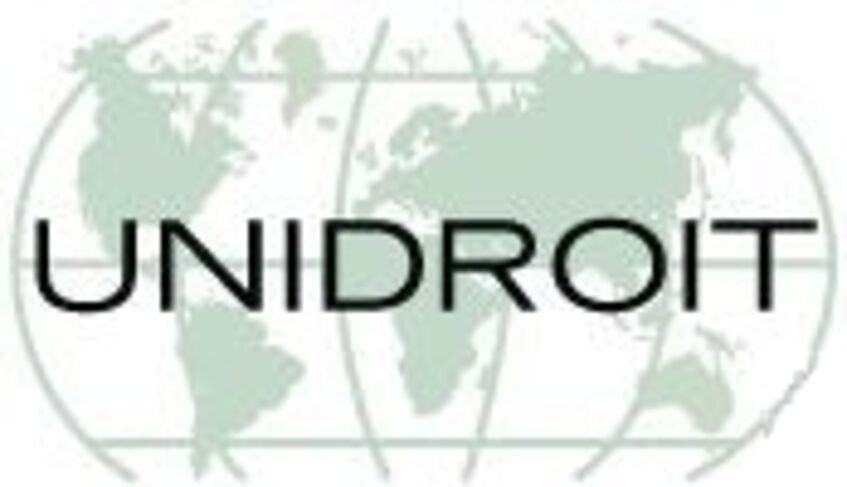
The International Institute for the Unification of Private Law (UNIDROIT) is an independent intergovernmental organisation with its seat in Villa Aldobrandini in Rome. Its purpose is to study needs and methods for modernising, harmonising and co-ordinating private and in particular commercial law as between States and groups of States and to formulate uniform law instruments, principles and rules to achieve those objectives.
